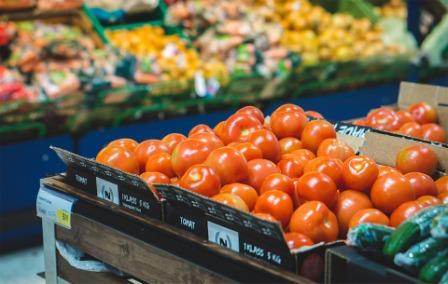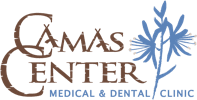Food labels can be confusing. All the claims and information that are, sort of, but not quite true can make choosing your food more like a game of jeopardy. Organic, gluten free, natural, pasteurized, homogenized, and the list goes on and on.
As you can see, what is written on the labels isn’t necessarily 100% true. It is assumed that “Grass fed” labeled beef is only fed grass, or that “Cage free” chicken eggs are chickens that are free to roam as they do naturally. These claims, as with many other nutrition claims, are full of loopholes allowing for the continued industrialization and artificial processing of our animal food. These processes have been shown to reduce the nutrient content and the quality of our meat and dairy products.
There are many more labels and claims in every grocery store. These are just a few of the everyday, most common labels, and as you can see, they can be a bit deceiving. The best way to get the real picture of what is in your food is to read the nutrition facts label and the ingredient list.

Here are a few quick tips on what some of those labels mean.
-
Organic
- No synthetic pesticides, fertilizers and genetically modified organisms were used in the production of these foods. The product consists of 95% organic contents.
-
Pasteurized
- Heated between 145 and 280 degrees to kill bacteria, sometimes eliminating beneficial nutrients.
- Homogenized – Fat particles of cream are squeezed through tiny pores under great pressure creating milk where the cream doesn’t separate.
- Free Range – Often used in poultry. Poultry is provided shelter with unlimited access to food, fresh water, and the outdoors. No requirements to the amount of time spent outdoors or the quality of the outdoor space. It could be the animals are let out into a tiny dirt patch or a concrete parking lot and this label can be used.
- Grass Fed – “Grass fed” cattle are fed grass at some point in their life. This does not mean they only ate grass or that the grass is natural, but at some point they ate grass. It is common for cattle to be fattened up with grains for their last 3 -5 months before slaughter which, according to some studies, negatively affects the quality of meat and dairy products.
- Wild Caught Seafood – The seafood animals spent time in their natural environment eating their natural diet. There are no restrictions on how this seafood is harvested.
- Sugar Free – Contains less that 0.5g sugar. Synthetic sweeteners (xylitol, corn syrup, aspartame) can be used in “sugar free” foods.
- No Trans Fat – This label is one of the most confusing. Food and Drug Administration guidelines state this can be used on products with 0.5g or less of trans fat. So the label that states “No” trans fat is not a guarantee that it is truly trans fat free.
As you can see, what is written on the labels isn’t necessarily 100% true. It is assumed that “Grass fed” labeled beef is only fed grass, or that “Cage free” chicken eggs are chickens that are free to roam as they do naturally. These claims, as with many other nutrition claims, are full of loopholes allowing for the continued industrialization and artificial processing of our animal food. These processes have been shown to reduce the nutrient content and the quality of our meat and dairy products.
There are many more labels and claims in every grocery store. These are just a few of the everyday, most common labels, and as you can see, they can be a bit deceiving. The best way to get the real picture of what is in your food is to read the nutrition facts label and the ingredient list.
If you would like more information on how to pick the healthiest choices, or need assistance with food nutrition labels, please call the Camas Center Clinic at 509-447-7111 for an appointment with a Nutrition Educator.
 close
close